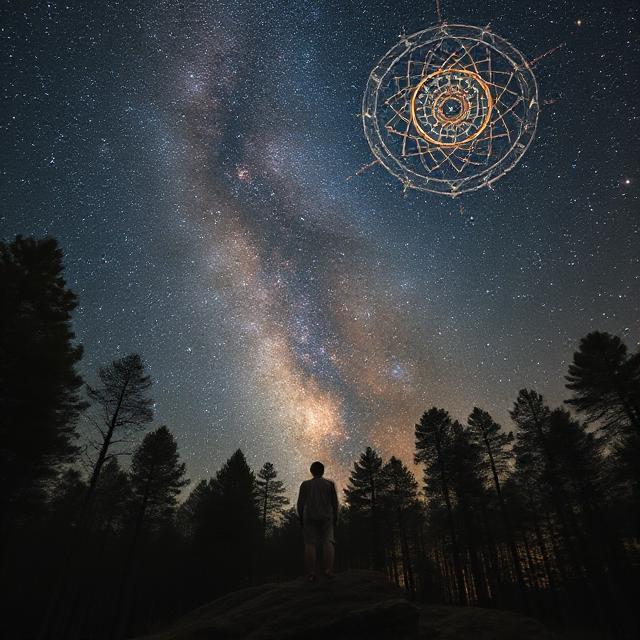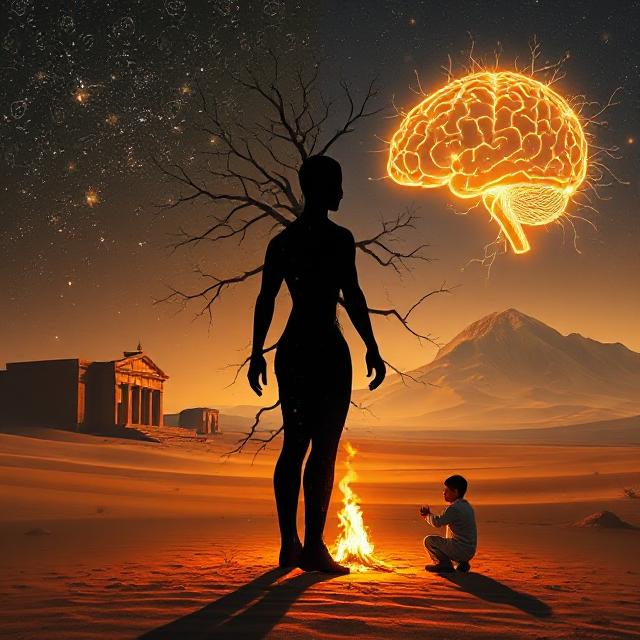Category: Branches of Philosophy
-
Why Do People Believe in Conspiracy Theories?

Why Do People Believe in Conspiracy Theories? Why do people believe in conspiracy theories — ideas suggesting secret plots by powerful groups? From moon-landing deniers to QAnon, conspiracy thinking is widespread and influential. Whether harmless or harmful, conspiracy beliefs shape politics, health behavior, and trust in institutions. This article dives into the psychological, social, and…
-
Are Humans Naturally Religious?

Are Humans Naturally Religious? The question “are humans naturally religious” touches on one of the most enduring mysteries of our species: why belief in higher powers, spirits, and moral laws seems to appear in nearly every culture throughout history. Religion, in its various forms, has existed across geographic, linguistic, and temporal boundaries. But is it…
-
Cognitive Dissonance: Why We Reject Uncomfortable Truths

Cognitive Dissonance: Why We Reject Uncomfortable Truths Cognitive dissonance is a psychological phenomenon that explains why people often reject uncomfortable truths. At its core, it is the mental tension experienced when holding two conflicting beliefs, or when behavior and belief clash. Rather than resolve this conflict by changing our actions or core assumptions, we often…
-
The Placebo Effect and Belief in Healing

The Placebo Effect and Belief in Healing The placebo effect and belief in healing reveal a profound truth: our minds play a powerful role in shaping our bodies. While conventional medicine often separates mind and matter, the placebo phenomenon proves they are deeply intertwined. When a sugar pill relieves pain, or a fake surgery improves…
-
Can You Be Moral Without Religion?

Can You Be Moral Without Religion? Can someone live a moral life without religion? This question has sparked debates for centuries and remains central to ethical and philosophical inquiry. While many cultures derive their moral codes from religious traditions, others argue that morality can stand independently of faith. In this article, we examine the roots…
-
Are Humans Naturally Religious?

Are Humans Naturally Religious? Are humans naturally religious, or is religion a learned cultural phenomenon? This age-old question sits at the intersection of evolutionary psychology, anthropology, cognitive science, and theology. From prehistoric burial sites to modern cathedrals, humanity’s record is filled with rituals, symbols, and stories that reach beyond the physical world. But what does…
-
Do Corporations Have Moral Obligations?

Do Corporations Have Moral Obligations? Do corporations have moral obligations, or are they solely accountable to their shareholders? This pressing question lies at the crossroads of business ethics, political philosophy, and global responsibility. In a world shaped by powerful multinational entities, the issue of corporate morality affects climate change, labor rights, technological surveillance, and even…
-
Virtue Ethics vs Rule-Based Ethics

Virtue Ethics vs Rule-Based Ethics Virtue ethics vs rule-based ethics is one of the central debates in moral philosophy. At its heart lies a question: Should morality focus on who we are or what we do? Virtue ethics emphasizes moral character, while rule-based ethics—like deontology and utilitarianism—focus on moral laws and consequences. Each offers a…
-
What Is Moral Luck?

What Is Moral Luck? Moral luck is one of the most perplexing and humbling concepts in modern ethics. It refers to the idea that the morality of an individual’s actions can depend not only on their intentions but also on factors outside their control. In other words, people are often judged morally for things influenced…
-
Are There Universal Human Values?

Are There Universal Human Values? Are there universal human values, or is morality shaped entirely by culture? This timeless question cuts to the core of ethics, anthropology, and global dialogue. While some argue that values like justice, compassion, and honesty are innate to humanity, others point out the vast moral diversity across cultures as evidence…
